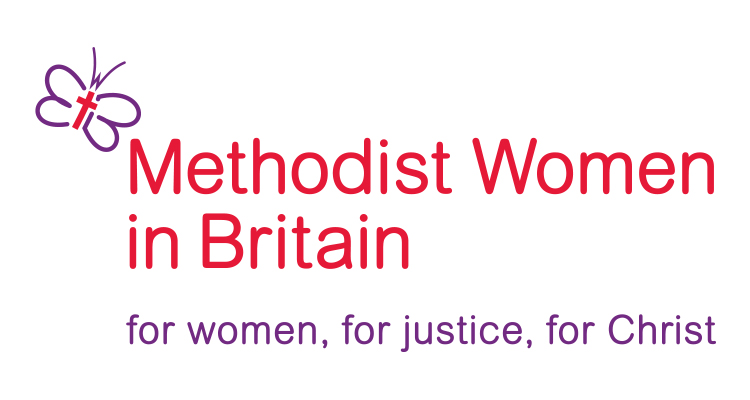To you, Lord, I call; you are my Rock,
do not turn a deaf ear to me.
For if you remain silent,
I will be like those who go down to the pit.
Hear my cry for mercy
as I call to you for help,
as I lift up my hands
toward your Most Holy Place…
Praise be to the Lord,
for he has heard my cry for mercy.
The Lord is my strength and my shield;
my heart trusts in him, and he helps me.
My heart leaps for joy,
and with my song I praise him.
[Psalm 28, New International Version]
Psalm 28 is one of more than 20 Psalms that mention ‘calling upon the Lord’ in one form of words or another – and like several of those other Psalms, this one shows us a kind of pattern, a process, that’s worth noting:
- The Psalmist calls out to God: ‘To you, Lord, I call… Hear my cry’ (v1)
The cry here is for mercy; in other Psalms the cry comes in times of distress, grief, trouble, with a faint heart, pleading for help, crying “Lord save me”, “Hear my prayer”, “Answer me”, “Come quickly to me”.
Calling on God by name is not just a random shout-out to anyone who might be within earshot; rather it speaks of the personal interaction and relationship we have – or that is available to us – with God.
- God hears the Psalmist: ‘he has heard my cry’ (v6)
This is confirmed in other Psalms too: “The Lord has heard my cry for mercy”; “From his temple he heard my voice”; “God has surely listened and has heard my prayer”.
As God’s people, no matter our circumstances, but particularly in times of trouble, or first thought should be to ‘call upon the name of the Lord’, because history and experience (ours, and other peoples’) tell us that God will hear us when we call.
- God responds to the Psalmist: ‘he helps me’ (v7)
God answers and acts in various ways when we call: God “answers me from his holy mountain”, God saves us from enemies, saves us from troubles, heals, rescues, and emboldens.
But the Psalmist is aware, as we are, that God does not always answer immediately, or in the way that we expect. We might call on God “all day long”, “as long as I live”, “from the ends of the earth”, and when we feel “cut off from [God’s] sight”. Sometimes it’s hard to wait, hard to trust!
- The Psalmist in turn responds to God: ‘with my song I praise him’ (v7)
Other responses include sacrifice, thank offerings, rededication to God’s law, recognition of God as the rock, the one who saves, the one who is worthy of praise.
Calling on God is a confirmation of our dependence upon God, and of our trust in God – and God’s response encourages us to recognise and celebrate that in thanksgiving, praise, and worship.
Call upon the name of the Lord – and see what happens!
Almighty God,
In all times and all places, and in every circumstance,
remind us, help us, to call upon your name.
Hear us, Oh God, when we call out to you.
In times of trouble, strengthen and save us.
In times of ease, challenge and change us.
In all times and all places, and in every circumstance,
remind us, help us, to worship you
with joy, praise, and thanksgiving.
Amen.





